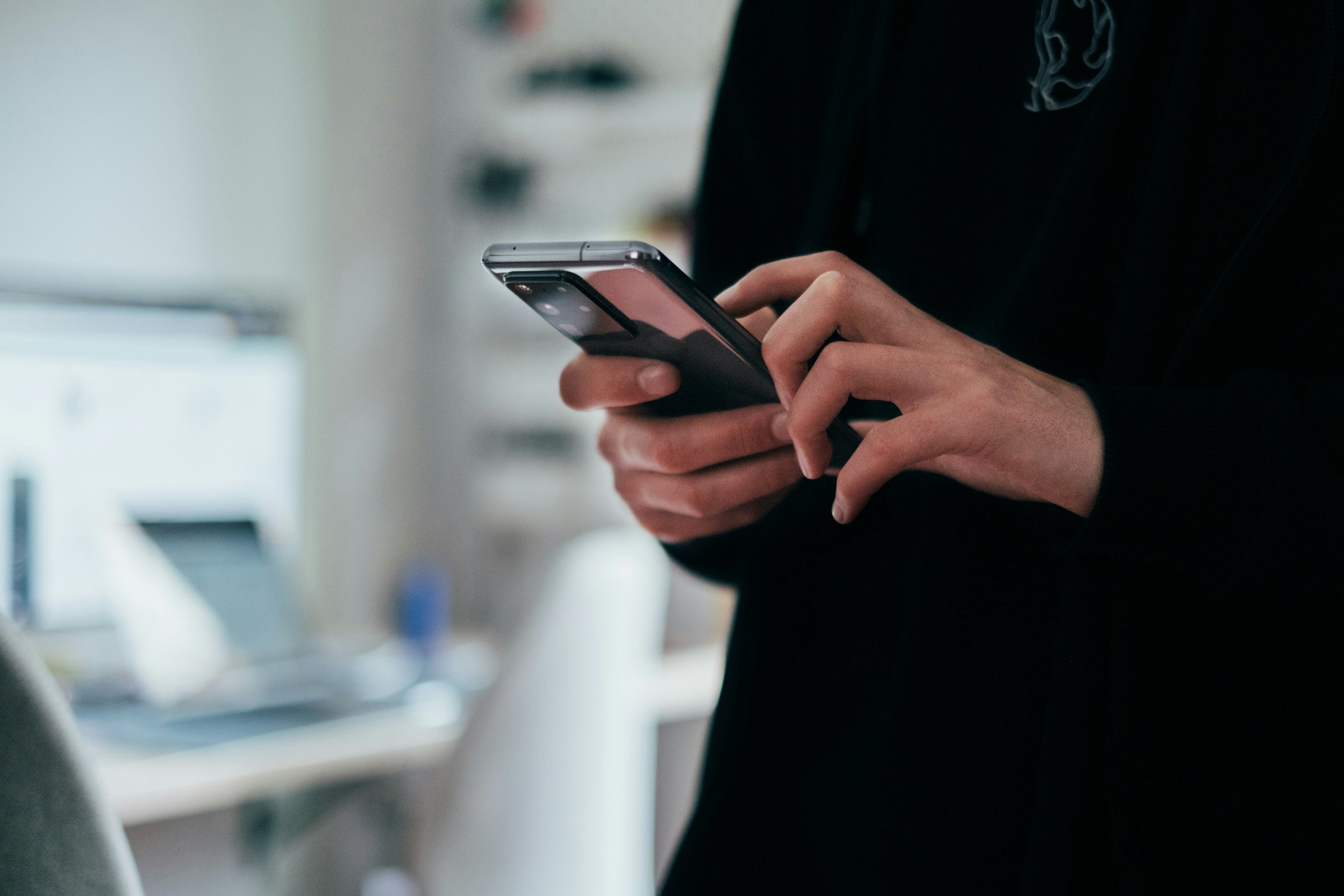A new study, co-authored by Dr. Kushlev, revealed that reducing—not eliminating—mobile internet use can significantly improve mental health, attention, and overall well-being. Researchers conducted a two-week trial where participants blocked internet access on their smartphones while still being able to call and text. Results showed that 91% of participants experienced positive changes, such as better focus and increased engagement in offline activities like exercise and in-person socializing.
However, many participants struggled to fully comply with the restriction, highlighting that complete disconnection may not be necessary. Instead, the study suggests setting boundaries—like limiting mindless scrolling and disabling notifications—can yield meaningful benefits. Rather than a full digital detox, small changes in phone habits may be the key to a healthier, more balanced life.
Read the full publication here:
https://doi.org/10.1093/pnasnexus/pgaf017
Photo by Sten Ritterfeld on Unsplash




